Accounting integrations for E-commerce businesses
One of the first use cases that Chift tackled is accounting automation for e-commerce businesses.
E-commerce stores typically handle a higher volume of transactions compared to physical stores. These transactions often span multiple countries with different tax structures, involve various products, and utilize multiple payment methods (e.g., Stripe, PayPal), making manual entry into accounting software a very time-consuming task for accountants and merchants using your software.
This means that accounting software vendors can significantly reduce the workload for their e-commerce users through automation and e-commerce software integrations.
In fact, many users are now selecting their accounting software based on the integration of the e-commerce tools they use, making integrations one of the strongest growth levers for a software vendor.
The challenges of API integrations for accounting software editors
Building integrations is a complex task that software vendors quickly realize is better outsourced.
Integration performance
To ensure integration performance, you need to plan the integration from the ground up: speed, authentication, data format, etc. As Defacto puts it:
How long will it take for us to receive the data? How meaningful and usable is the data format we retrieve from our client's integration? Is it easily reusable and can it be seamlessly reinjected?
Integrations require specific knowledge
Creating integration data feeds is a specialized task that your developers might lack experience in. Since your core expertise revolves around accounting tools, your team might lack e-commerce business knowledge.
Which leads us to our third challenge.
It takes time away from your product
Building integrations in-house takes significant time from your developers, causing your product roadmap to clash with your integrations roadmap. Put simply: “If we’re doing an integration, we’re not doing something else. Is it worth it?”
Integrations require maintenance
Software vendors regularly update their APIs to reflect product updates or changes in conventions. Integrations must be updated to match those changes to keep working:
This is a real challenge because if there's a breaking change every month, we have to go back to it, and it's us who are impacted, meaning our engineers have to spend time on it.
Costs add up, unless…
Combining development and maintenance costs, a single in-house integration can cost up to €50,000 per year. And this figure does not include the opportunity costs from shifting focus away from your core product.
And this is why more and more companies choose to outsource their integrations with Chift.
Chift’s no code solution
Scale your integrations with Unified APIs
To address these challenges, we developed a synchronization between our Unified E-commerce API and our Unified Accounting API. This integration allows accounting software vendors to offer automation (instead of manual exports) to e-commerce businesses using their software. With Chift, integrate all major e-commerce solutions (Shopify, Prestashop, Magento, etc.) into your accounting software.
Per user level of customization
The integration automatically imports sales entries into your accounting system, creating aggregated entries to transfer turnover and VAT to the accounts. This process ensures efficient and accurate financial record-keeping.
Every company is different. For that reason, Chift allows software editors to let their clients fully customize mappings, ensuring that the generated accounting entries reflect the client’s business in all its nuances.

Our activation process is user-friendly, enabling financial directors or accountants to configure the integration with minimal effort. By completing a few connections and mappings, they can activate the integration, select the appropriate accounting configuration based on the business's needs, and accommodate the accountant's preferences.
Benefits of automated accounting integrations
In summary, adding E-commerce integrations in your accounting software through Chift allows you to:
- Stay competitive: let your developers focus on your product instead of integrations.
- Scale faster: integrate with all major e-commerce solutions in one go. Our solutions requires little to no-coding on your end.
- Save money: Chift costs significantly less than building and maintaining integrations in-house.
- Make integrations simple: no code, no maintenance.
- Enhance data accuracy and improved compliance: automations reduce the risk of human error during imports. Authentifications improve compliance & risk management.
- Bring more value to your merchant: your users save time through automations and added data sources allow you offer real-time insights.
Found out more about Unified APIs in our dedicated article: The unified API: for whom, for what?
One of many use cases
E-commerce accounting automation is just one example of how Chift's scalable unified APIs and intelligent sync system can benefit your business.
You are a software vendor looking to scale your integrations ? Contact us today.

.jpg)
.jpg)
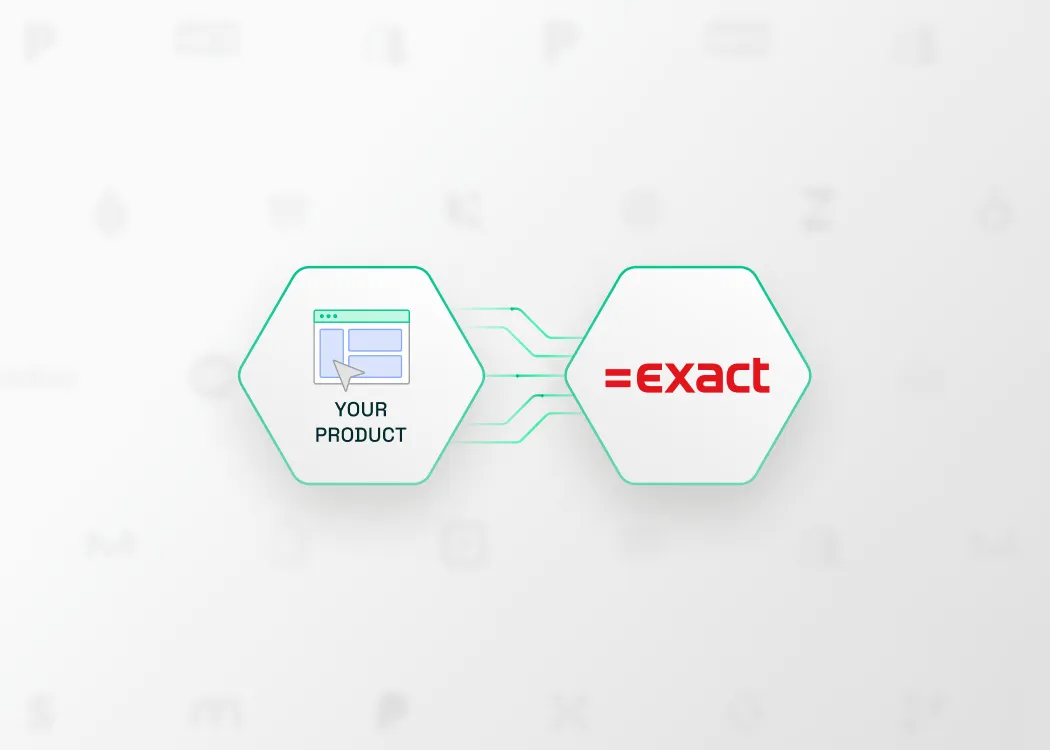
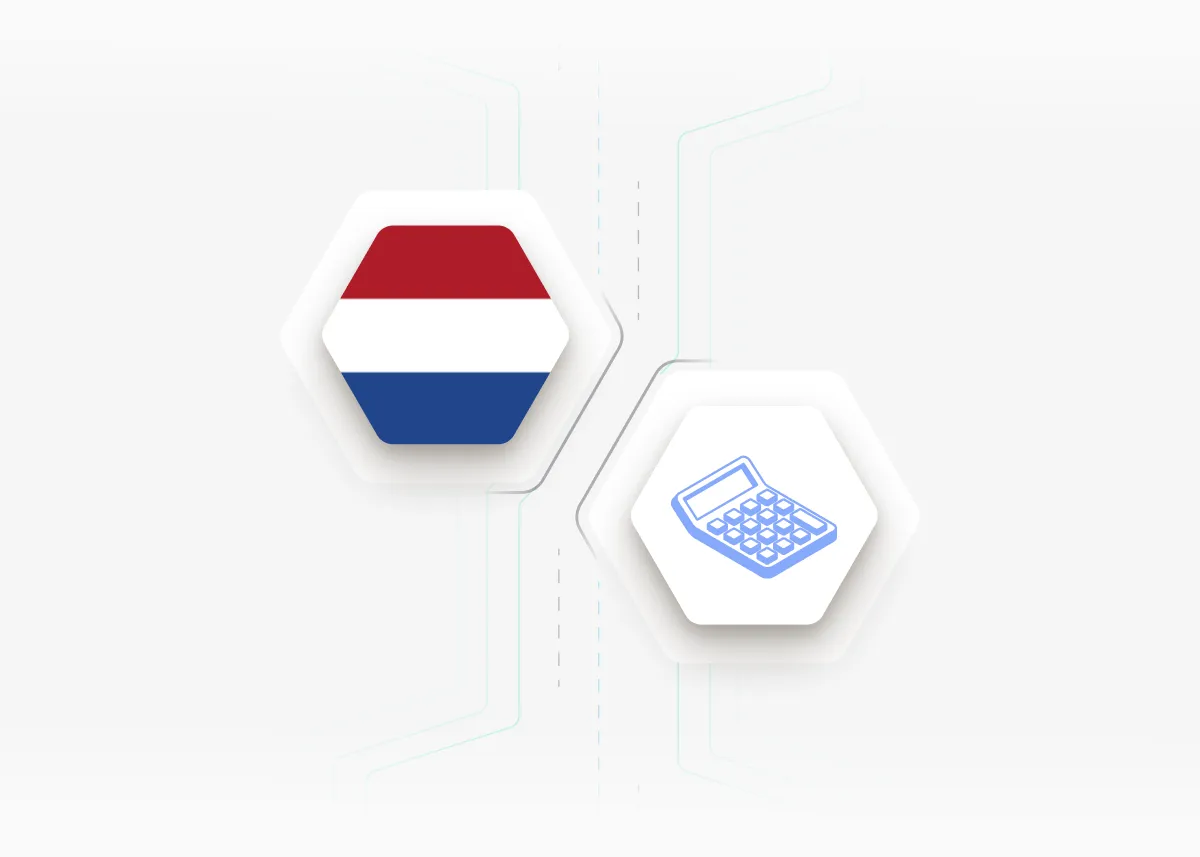
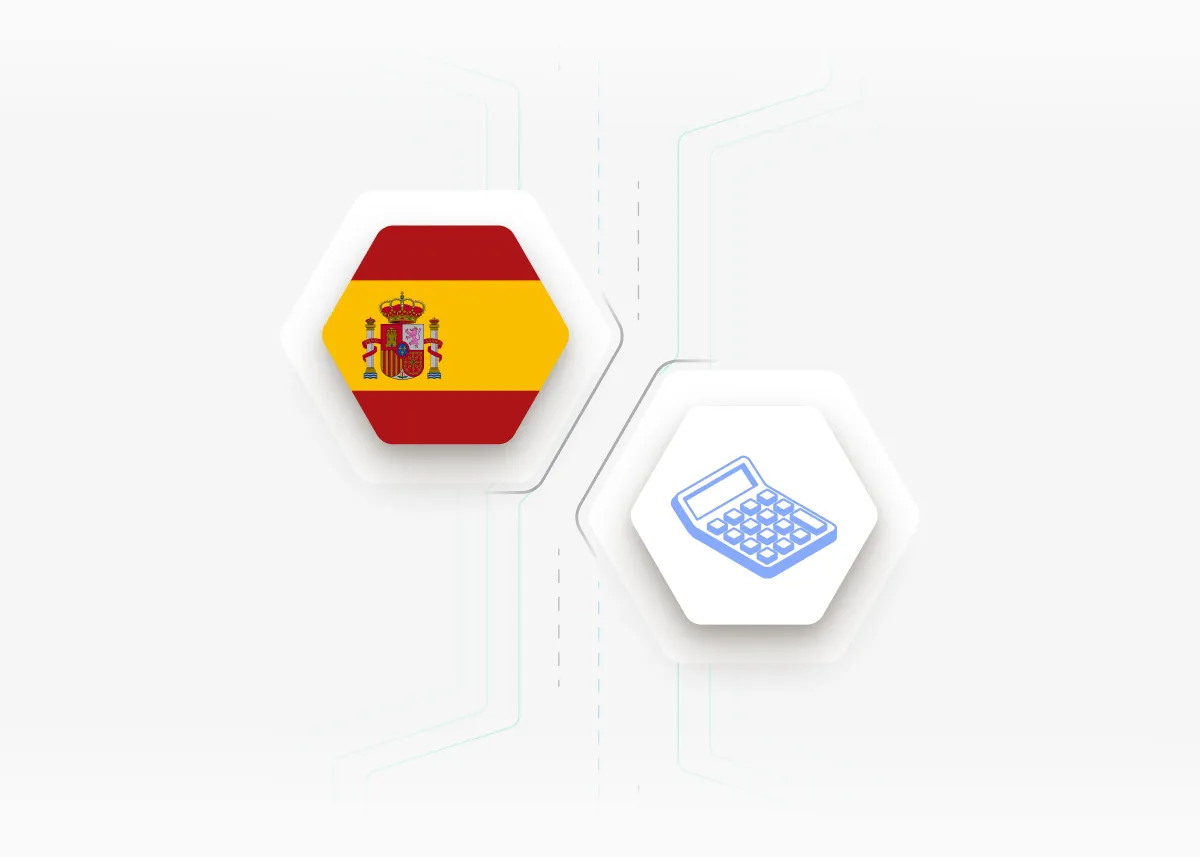
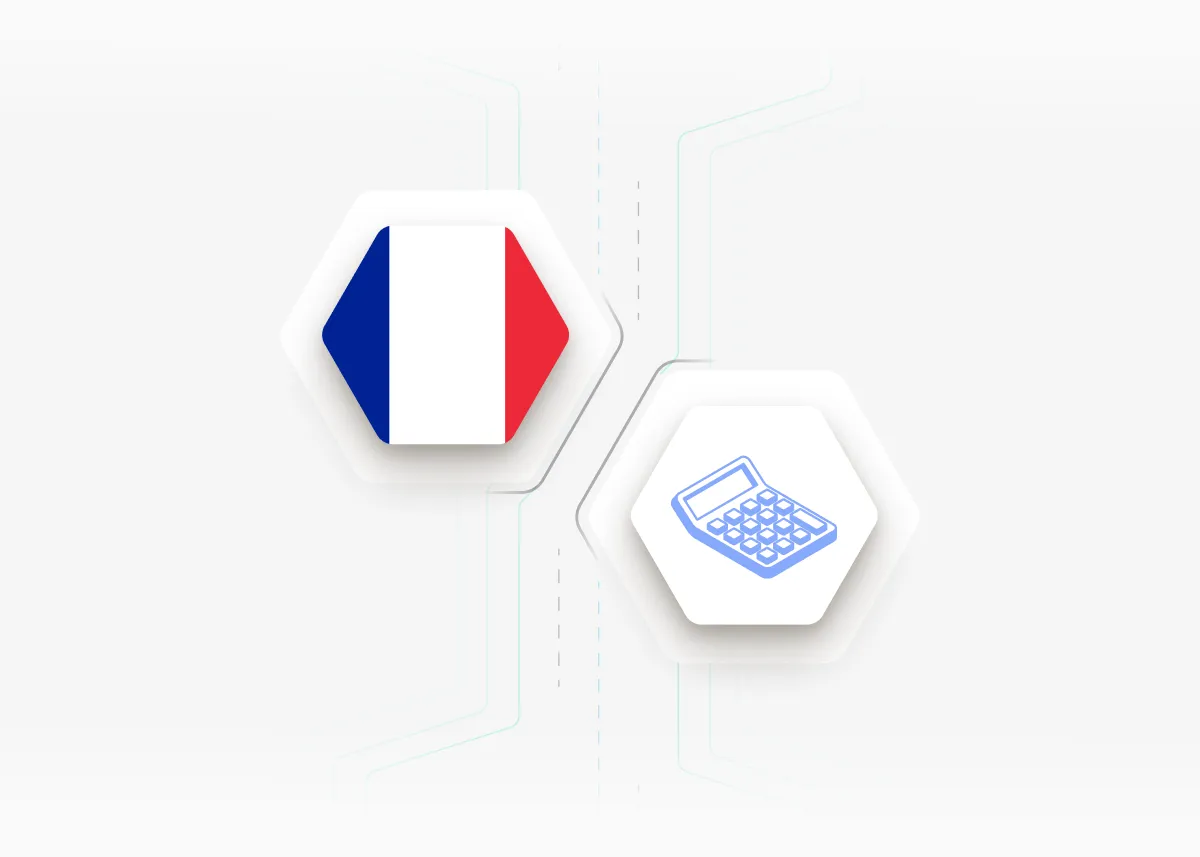
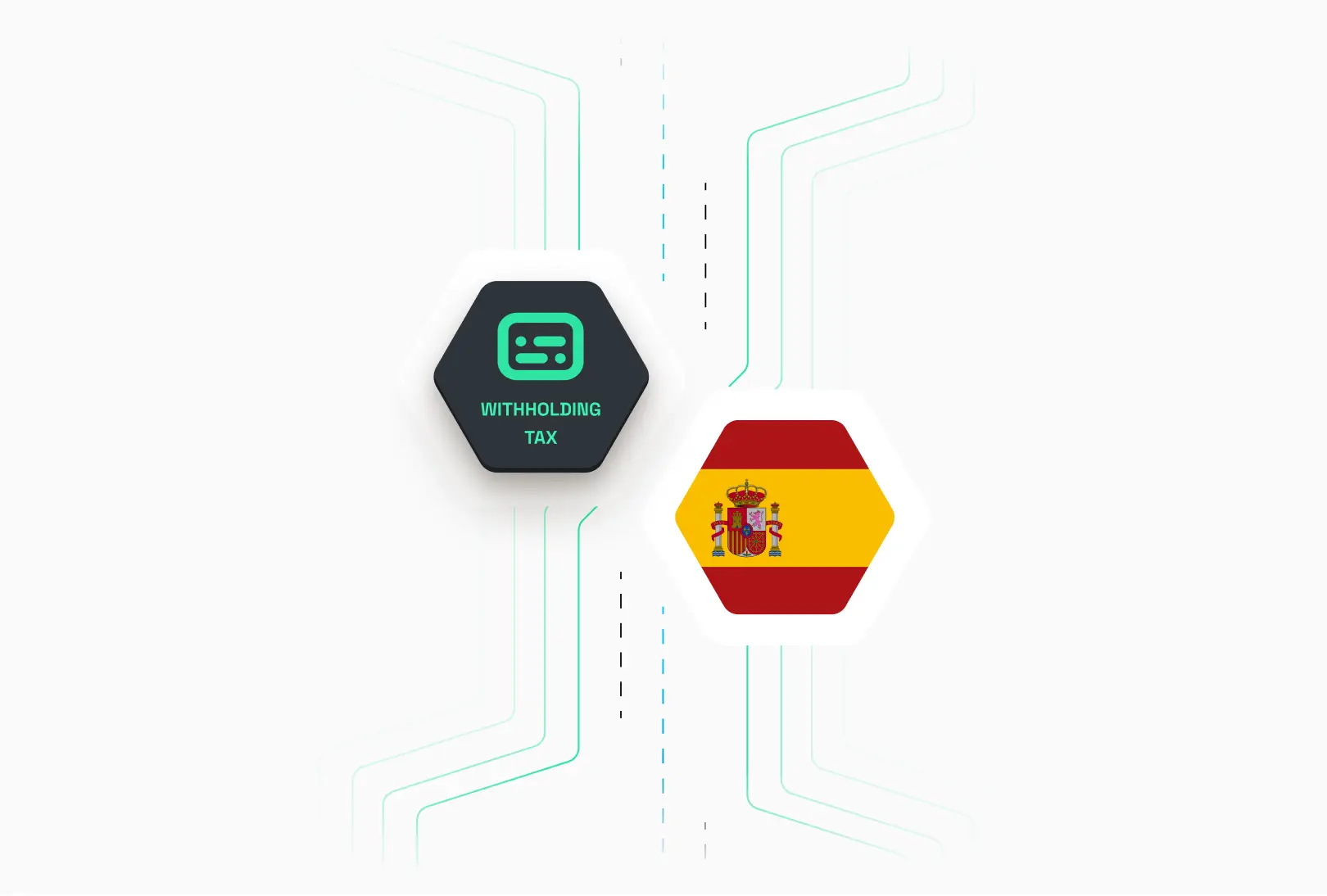
.webp)
.webp)
.webp)
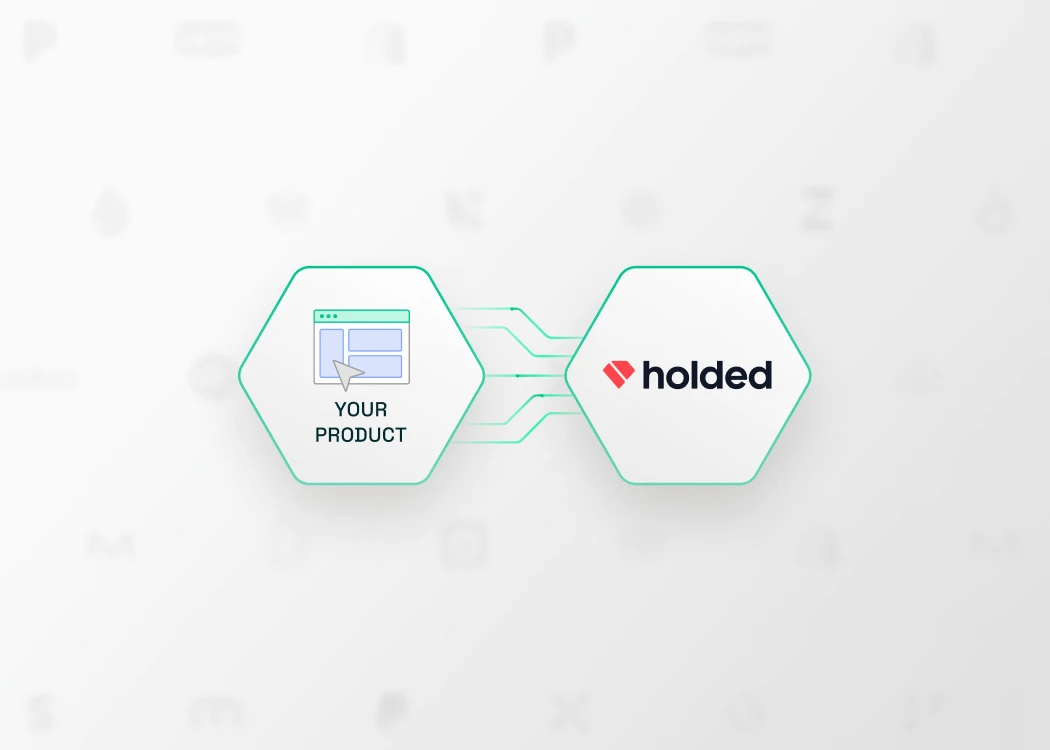
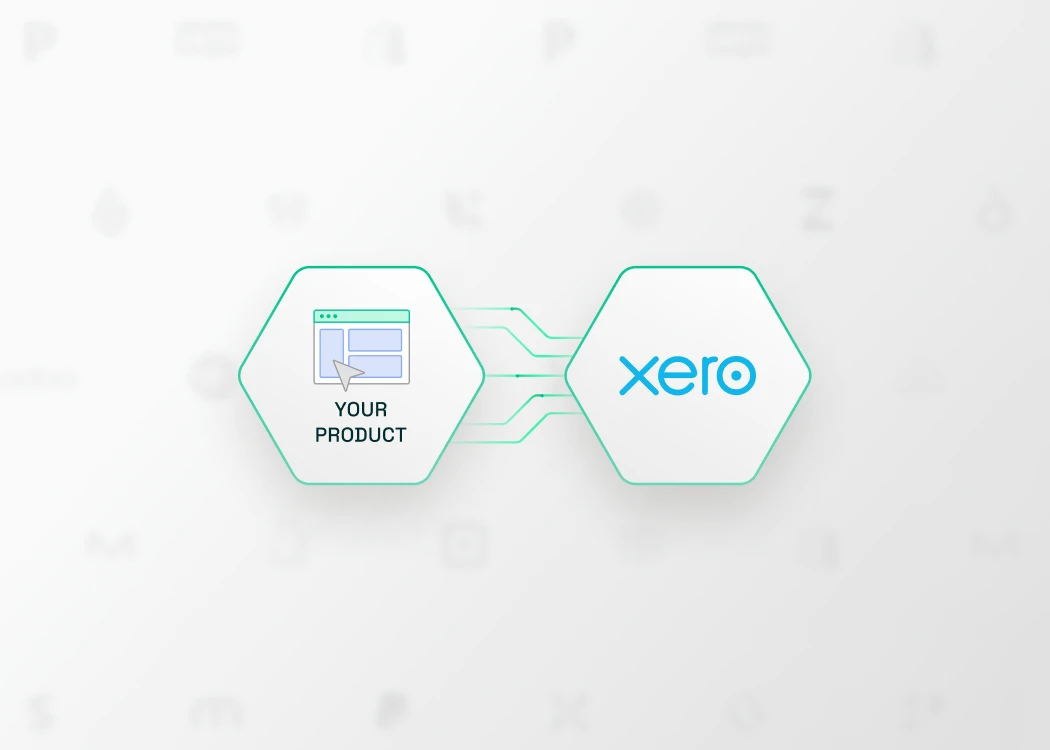

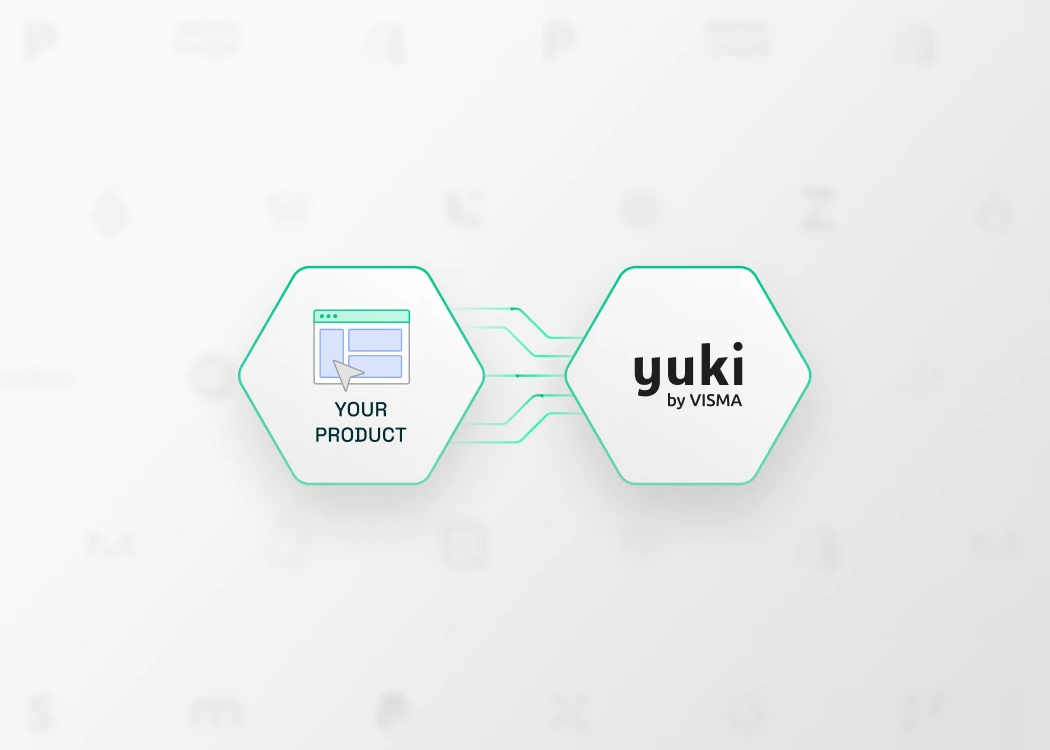

.webp)
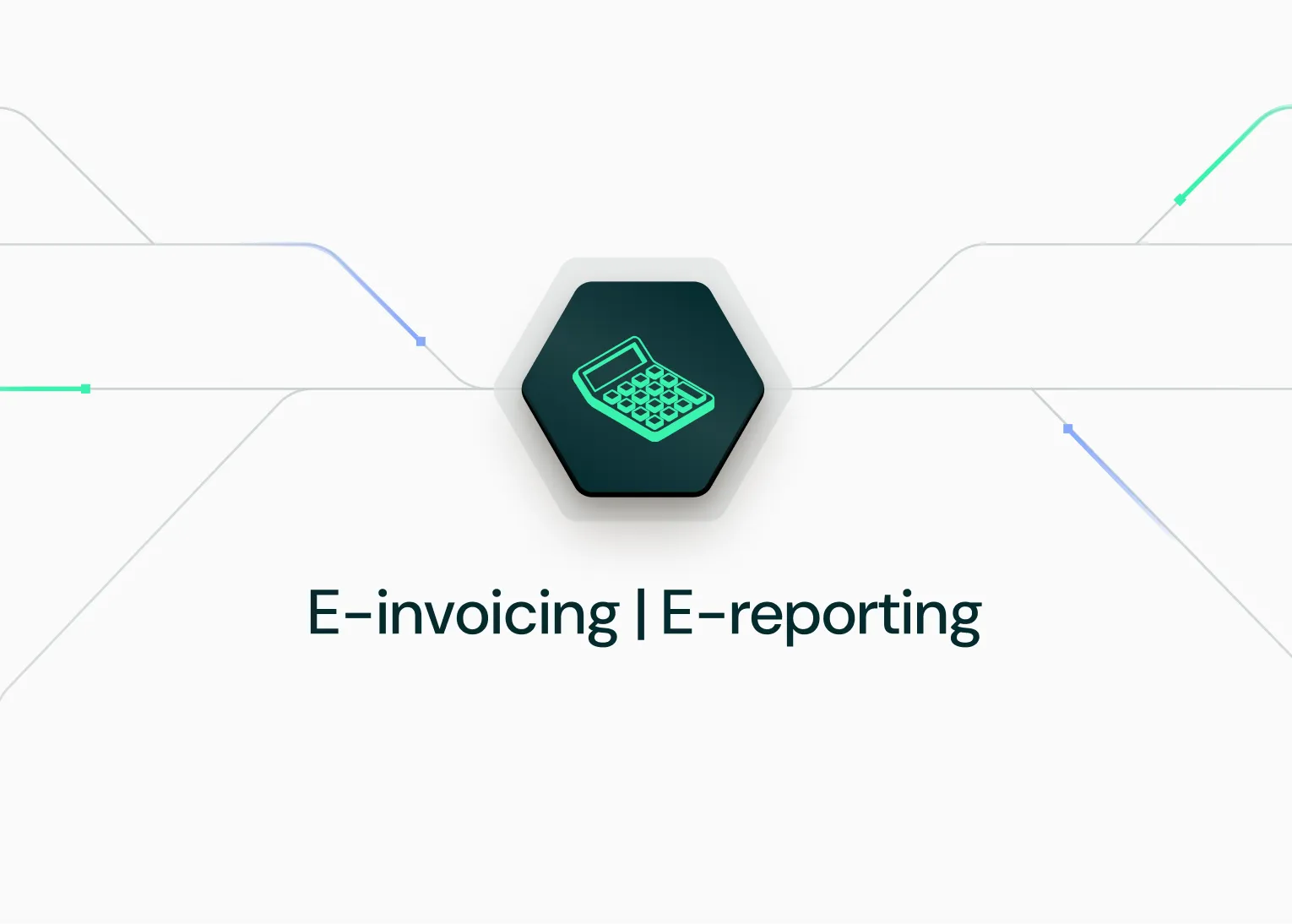
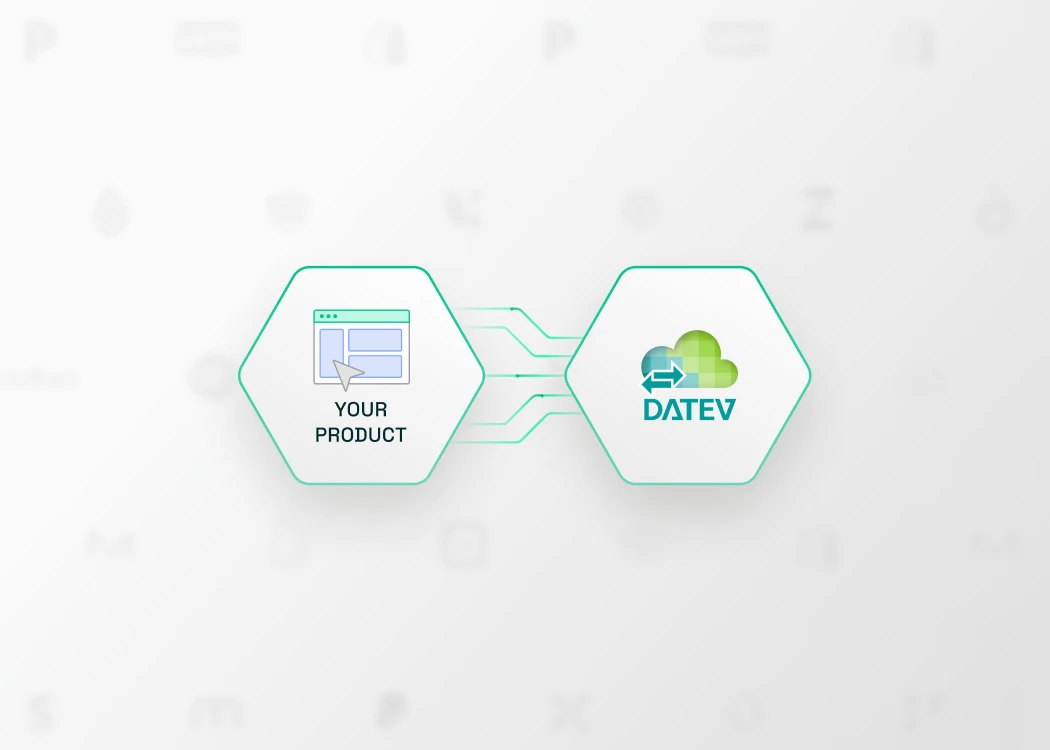
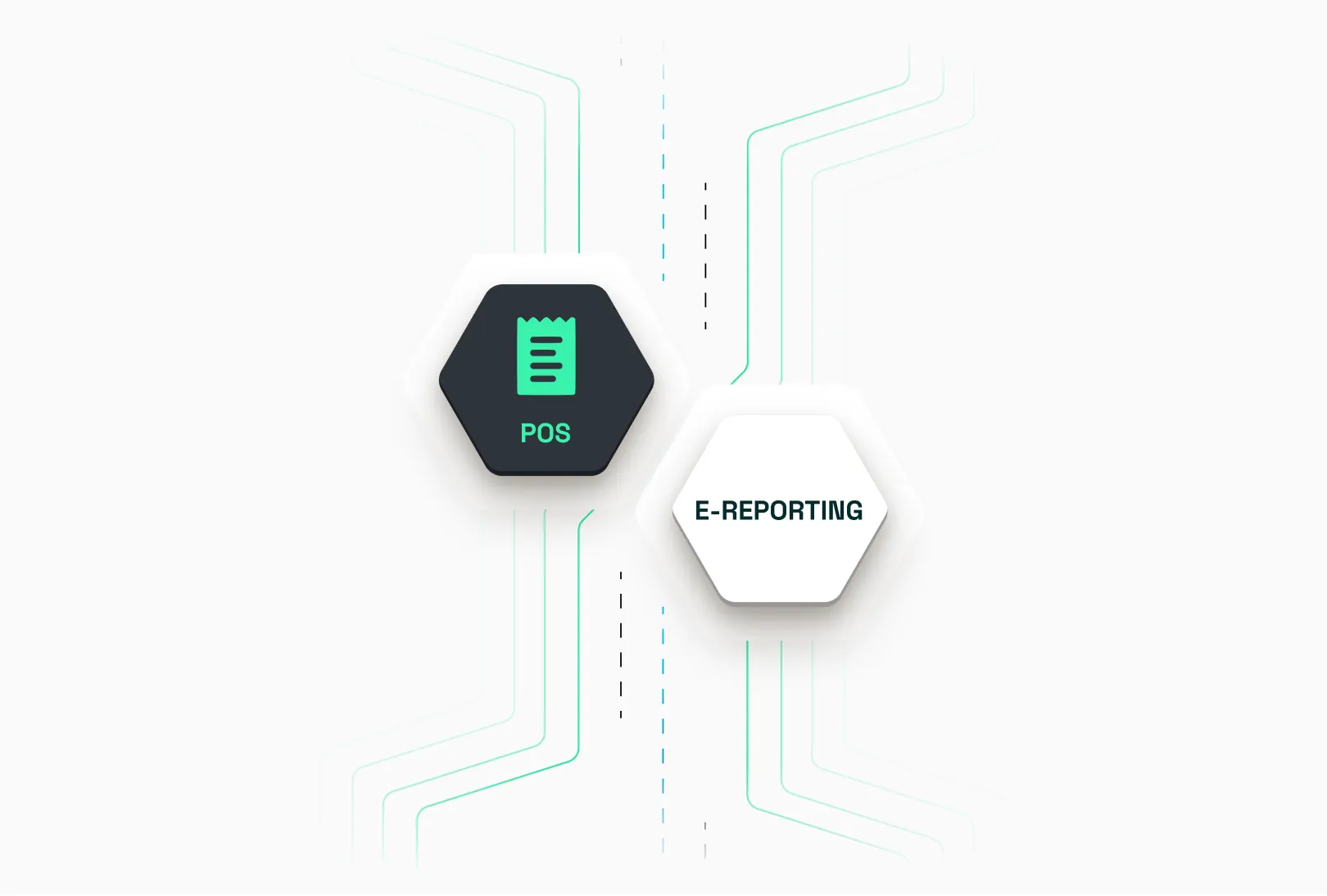
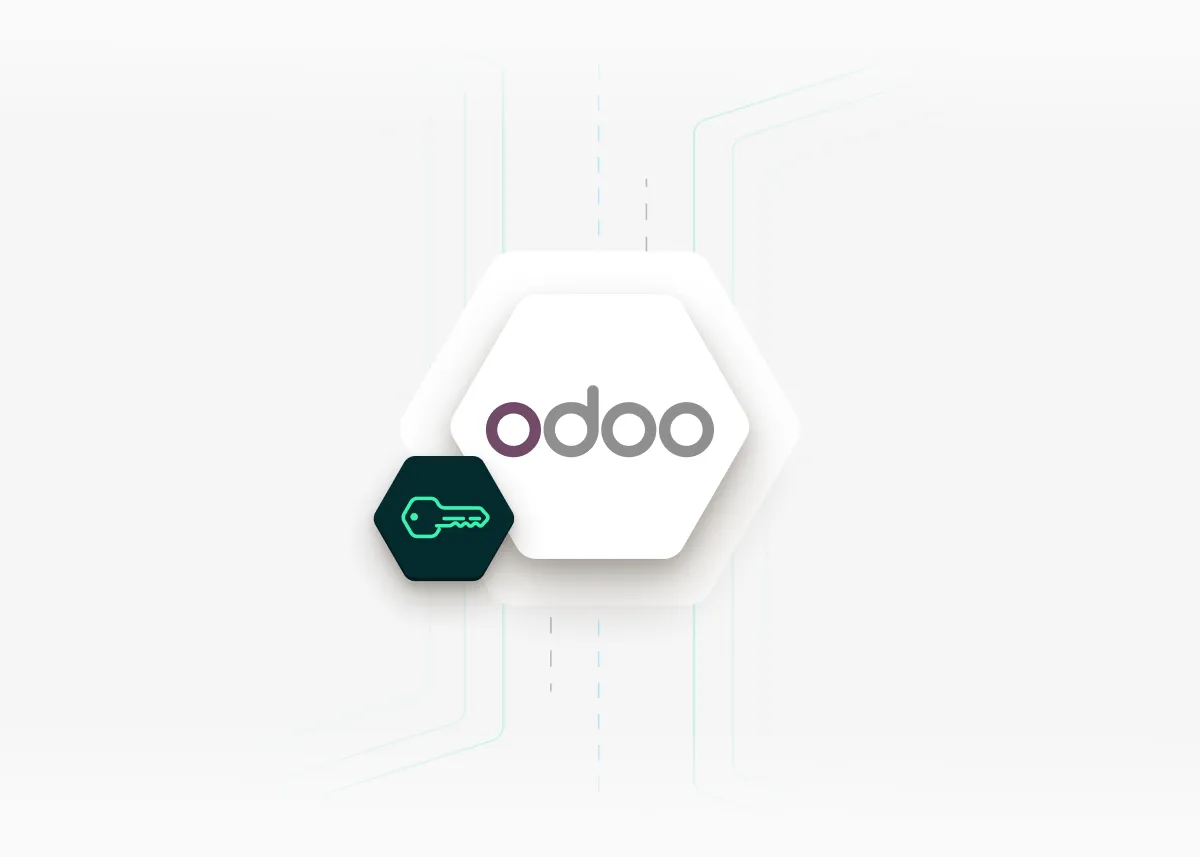
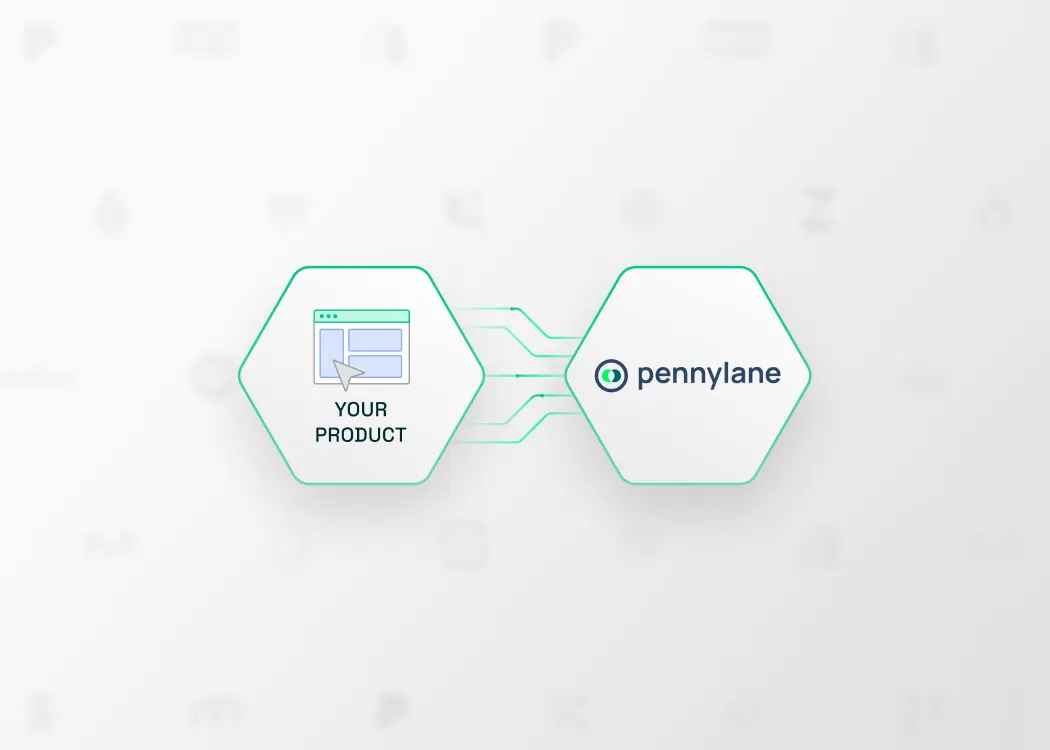

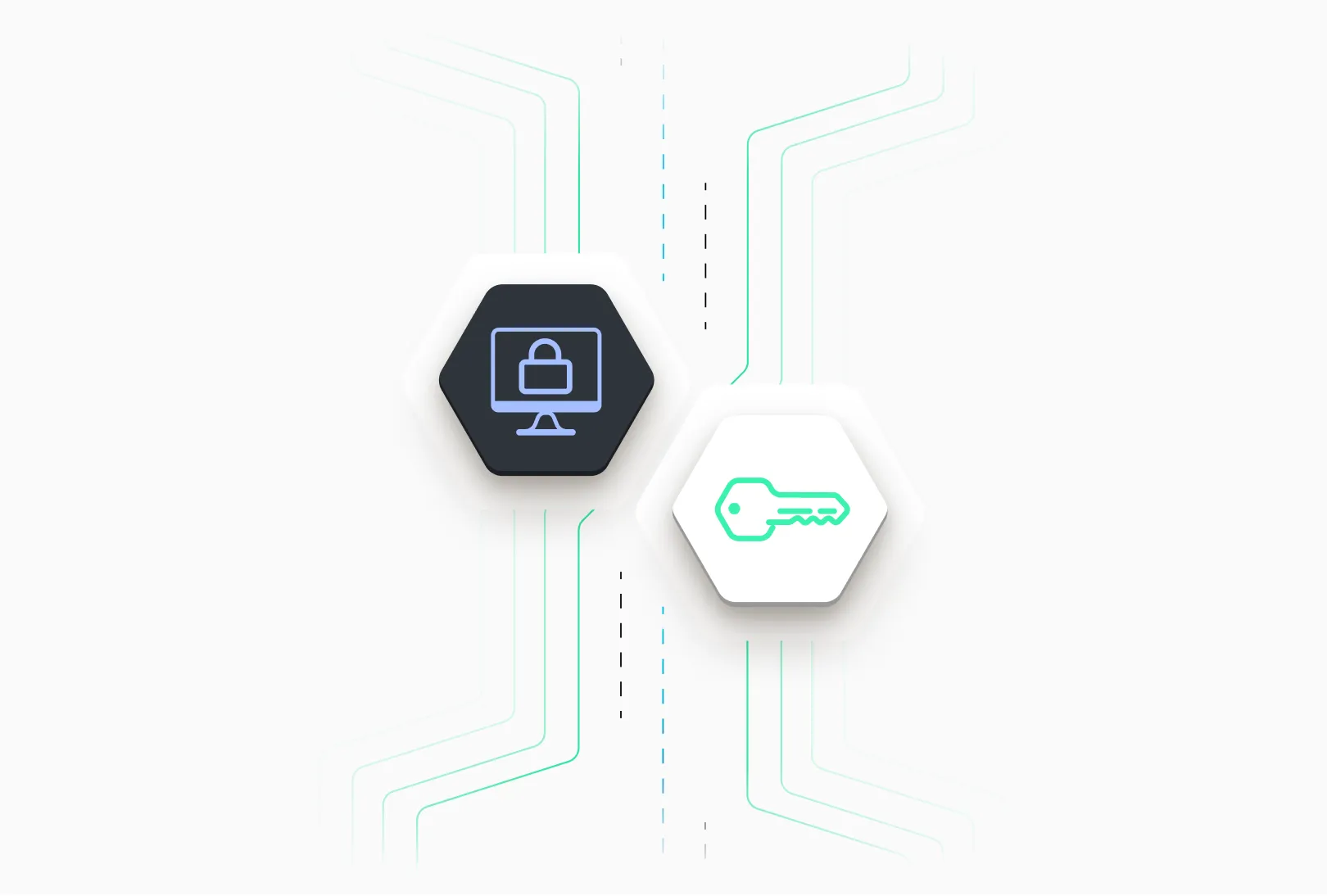
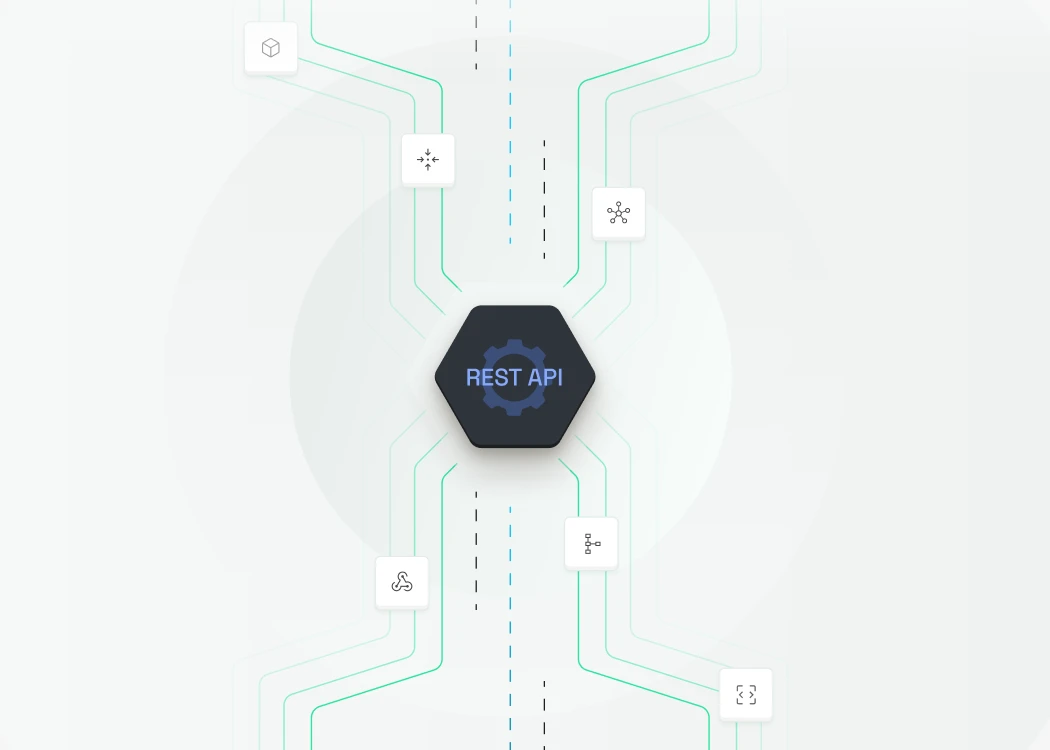





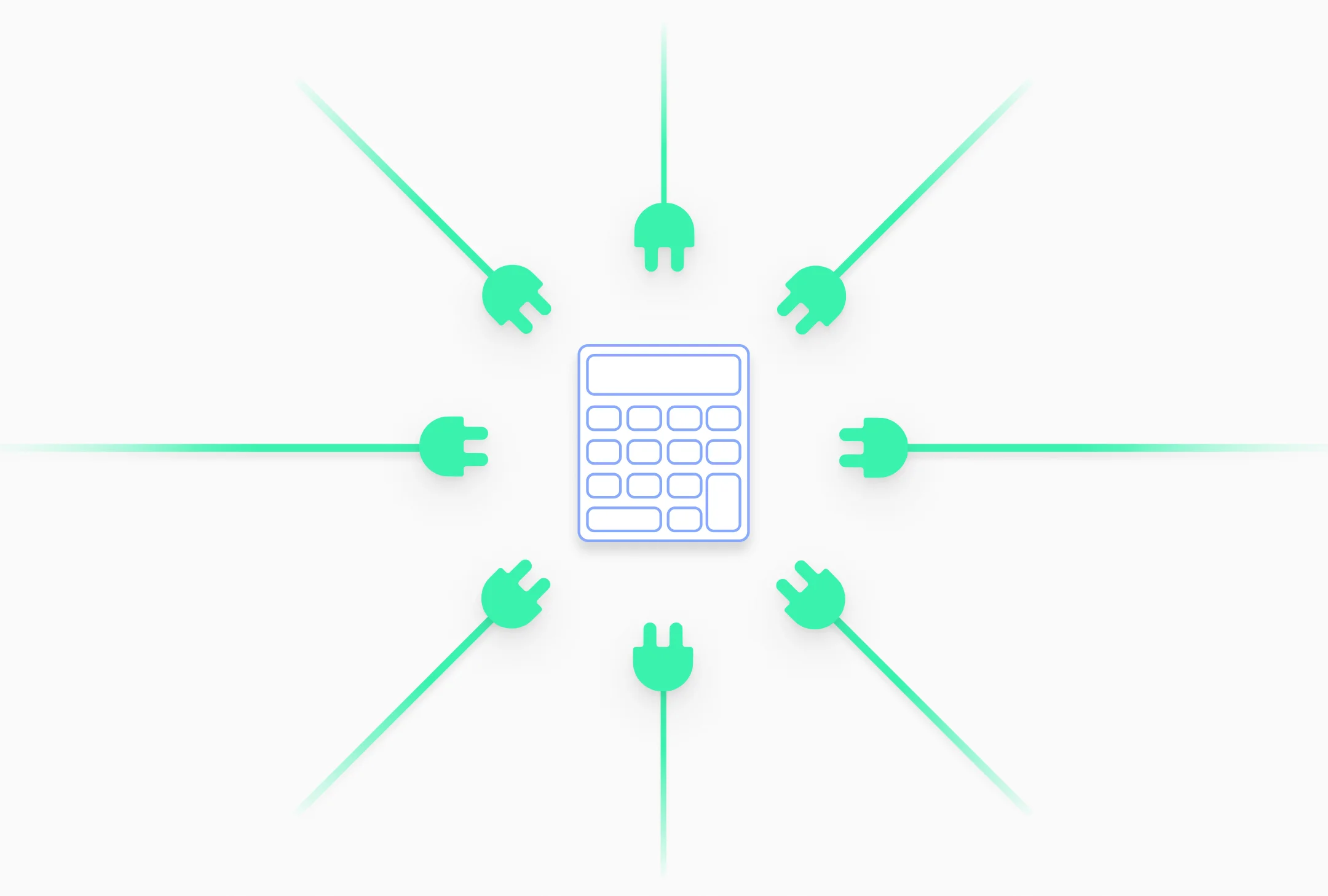
.avif)



